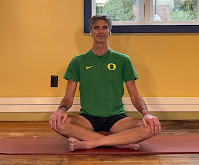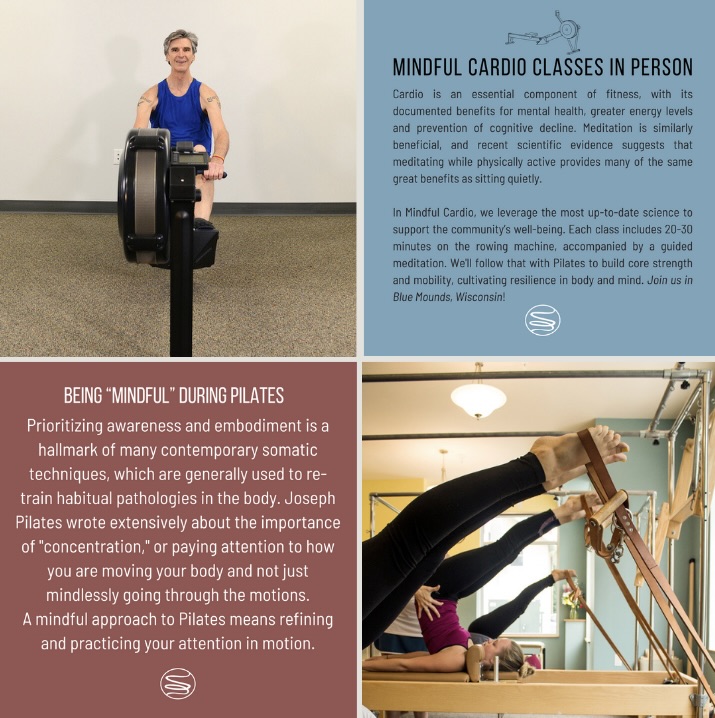Apples and Oranges
I’m a big fan of addressing root causes. While it can be tempting to focus on reducing symptoms, in 30+ years of working with bodies and minds, I’ve found that addressing causes is a much better use of time than addressing symptoms. Symptoms, however, are generally what motivate people to seek support for their wellbeing, and it’s sometimes a hard sell to shift focus from salving symptoms to addressing causes.
I find that focusing on symptoms is a particularly common approach to working with the mind. Whether one is plagued by anxiety-provoking thoughts, negative self-talk or rehashing past events, it’s normal to want those thoughts to go away. Meditation, however, is not generally about the immediate reduction of symptoms – rather, meditation is about addressing the root causes of suffering. There’s a term for this in multiple meditation traditions - pulling out the weed and its roots. In lieu of plucking off a leaf of negative self-talk here and a leaf of anxiety there, meditation goes to the literal root of the problem, which is the incorrect identification with thoughts. Over time, the meditator learns to change their relationship to thoughts, rather than incorrectly identifying with thoughts such as I am not good enough, I always respond this way, and so on. Pulling out the weed and its roots - learning not to identify with thoughts, allows the meditator, over time, to enjoy greater mental and physical resilience.
 |
| And breathing exercises aren't necessarily comparable to meditation. |
Unfortunately, the focus on addressing causes often takes a back seat to addressing symptoms. In a recent paper by Balban et al., personnel from the Huberman Lab explored the effects of various breathing practices and meditation on indices of mental state (affect) and anxiety (Balban et al., 2023). The Huberman Lab conducts rigorous research, and this study was no exception – I was impressed with its methodology, choice of indices and analyses. However, I felt that its message that “Breathwork, specifically cyclic sighing, is more effective in increasing positive affect than is mindfulness meditation” was incomplete. Yes, this may be true in the short-term, much like taking a pain-reliever reduces the discomfort of a headache, though does this breathwork have the time-tested capacity to reduce suffering that meditation does?
In this same paper’s introduction, the authors specifically addressed this point by stating “While mindfulness meditation might decrease sympathetic tone in the long run, that is not its primarily purpose or an expected acute effect.” This is a clear, concise, and accurate portrayal of meditation. Yet, this sentiment seems at odds with one of the main points made in this study. In my experience as a meditation practitioner and teacher, meditation roots out and addresses the causes of distress, rather than putting a Band-Aid on the symptoms of distress.
It's my hope that the long-term efficacy of meditation is not overshadowed by the publicity surrounding this article. For short-term relief of suffering, yes, breathwork may be beneficial. For longer-term relief of suffering, however, I have yet to encounter anything that gets to the root of the problem as thoroughly and reliably as meditation does. In summary, it's my hope that if you choose to do breathing practices to address issues of anxiety or dis-ease, that you’ll consider complementing those practices with meditation.




Comments
When I spend slow time in nature meandering or sitting quietly, I lose the cultural chaos and attune to the language and rhythm of trees, birds, hills, sky, rivers, breezes on my face. Within a brief period of time, I return to an embodied experience. Without any particular “breathing practice”, my breathing regulates naturally, mind settles, and heart opens to this gift of life.